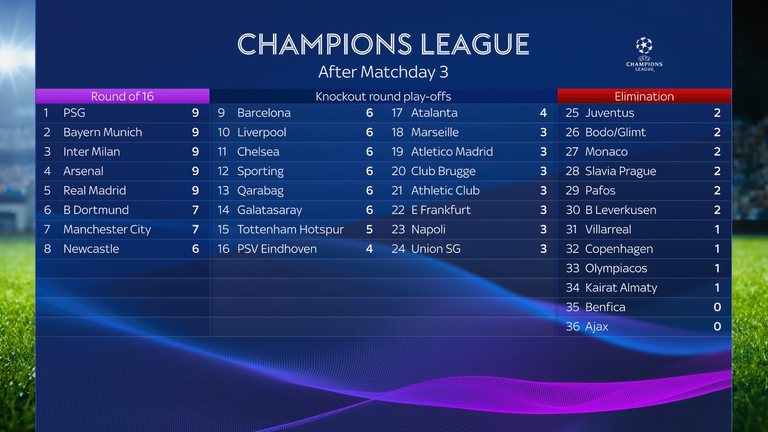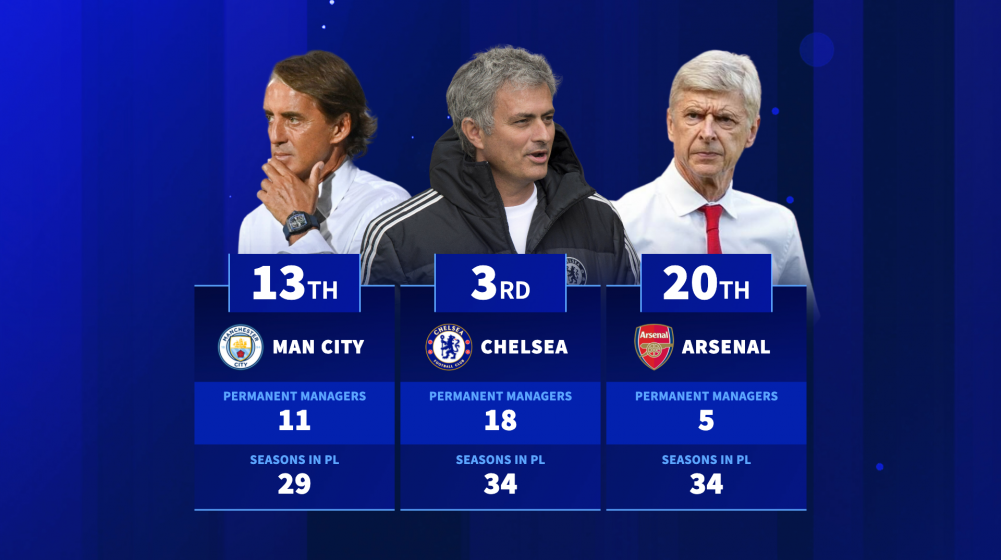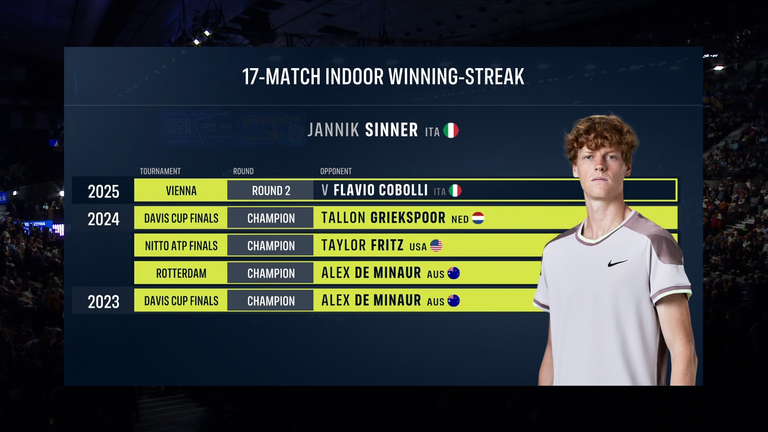La Liga’s dreams of hosting a domestic clash between Barcelona and Villarreal in Miami were abruptly shattered after a wave of protest denounced the historic first.
Bringing a Spanish top-flight clash, featuring one of the biggest clubs in Spain, to the United States has interested La Liga president Javier Tebas for years. The promised financial boost and overseas exposure of such an unprecedented spectacle was thought to be the perfect way to grow the league.
Yet Tebas, in conjunction with American agency Relevent Sports, struggled to turn the vision into a reality. Objections from the Spanish Football Federation (RFEF), U.S Soccer Federation (USSF) and FIFA shut down plans in 2018, 2019 and 2024 to host a La Liga fixture on U.S. soil.
Everything changed, though, when Relevent settled its antitrust lawsuit with the USSF in April of this year. The ruling allowed the sports promoter to host foreign league matches in the United States after a six-year legal battle.
Four months later, the pieces were falling into place to bring Villarreal vs. Barcelona to Miami this December. Except the project spectacularly crumbled in what became a massive headache and failure for La Liga.
New SI FC Newsletter Global Embed. Sign Up to Get Informed With SI FC. dark. FREE NEWSLETTER
The first step to bringing Villarreal vs. Barcelona to Miami came on Aug. 11, when the RFEF Board of Directors approved the plans to host the La Liga fixture at Hard Rock Stadium.
“After receiving and checking the documentation received, and after the approval of the Board of Directors, the Royal Spanish Football Federation will submit to UEFA the request to begin the procedures for the subsequent authorization by FIFA for the match to be played at the ‘Hard Rock Stadium’ in Miami (United States, USSF, CONCACAF), on December 20, 2025,” the RFEF announced.
The landmark ruling officially opened the door for the first-ever European top-flight league fixture to unfold on U.S. soil.
Although the proposed plans from La Liga came as no surprise given the league’s past attempts at such a venture, gaining the necessary approval almost seemed impossible given the implications of the decision.
After all, Villarreal were being stripped of a home game against Barcelona to instead play in Miami, where the crowd would likely be in favor of the defending Spanish champions. The Catalans, in turn, were gaining the competitive advantage of not having to play at the Estadio de la Ceràmica like all other 18 clubs in La Liga.
The aforementioned implications of a potential Miami-based La Liga fixture prompted a fiery and immediate response from Real Madrid.
The 15-time European champions released a ruthless statement that publicly denounced the project on the grounds that it “violates the essential principle of territorial reciprocity” that governs La Liga.
“Unilaterally modifying this regime violates the equality between contenders, compromises the legitimacy of the results, and sets an unacceptable precedent that opens the door to exceptions based on interests other than strictly sporting interests, clearly affecting sporting integrity and risking adulteration of the competition,” Real Madrid said.
The club’s response was expected given their rivalry with Barcelona and public feud with Tebas. Yet other clubs began speaking out as well.
Getafe president Ángel Torres called the match “an aberration” that he is “totally against” while Rayo Vallecano manager Iñigo Pérez said: “I don’t like the idea of a match being taken abroad, but I won’t indulge in the hypocrisy of saying it’s a disgrace.”
The dissent quieted, though, once the 2025–26 season began. It was not until October that the issue sent shockwaves across La Liga.
After a lengthy delay, UEFA finally executed a ruling on the subject on Oct. 6. The governing body approved the match, though it made clear its opposition to the project.
“Given that the relevant FIFA regulatory framework—currently under review—is not clear and detailed enough, the UEFA Executive Committee has reluctantly taken the decision to approve, on an exceptional basis, the two requests referred to it,” UEFA announced, referring to the La Liga Miami clash and Serie A’s plans to stage Milan vs. Como in Perth.
“While it is regrettable to have to let these two games go ahead, this decision is exceptional and shall not be seen as setting a precedent,” UEFA president Aleksander Čeferin said. “Our commitment is clear: to protect the integrity of national leagues and ensure that football remains anchored in its home environment.”
The decision prompted more and more players across La Liga to speak out against the overseas fixture, including Barcelona’s own Frenkie de Jong: “It’s not fair for the competition. Now we’re playing an away game on neutral ground.
“I don’t like it and I don’t think it’s right for the players. The clubs are going to get paid for this, but I don’t agree with playing a league game in Miami. I understand that other clubs don’t agree.”
The Spanish Footballers’ Association (AFE) had no choice but to take major action against the Miami match. After consulting with the captains of each club, the players’ union put together a league-wide protest to oppose the RFEF and UEFA’s rulings.
The demonstration was “to protest symbolically as a demand for the lack of transparency, dialogue and coherence of LALIGA, regarding the possibility of playing a competition match in the United States.”
During Gameweek 9, footballers did not play the first 15 seconds of their matches. Even Villarreal and Barcelona players took part, putting the pressure on La Liga to potentially rethink their plans.
The AFE also reiterated that the decision to move a domestic fixture to a neutral site came without the “approval of the main players” in the league.
The noise surrounding the Miami fixture turned deafening on Oct. 21. Real Madrid reportedly filed a formal report to Spain’s Higher Sports Council (CSD) in opposition to the match, citing “corruption of the competition” as their grounds for protest.
Real Madrid right back Dani Carvajal echoed his club’s sentiments, telling Teledeporte: “I think it’s clear corruption of the competition, which doesn’t allow all La Liga teams to compete on the same footing.
“I think it’s essential that we, the players themselves, the clubs, and the league itself, be fair. We have to advocate for fairness, and I don’t think this does it.”
Once again, the argument from both the Spanish giants and their captain was rooted in Barcelona getting to play one less away game than every other team in La Liga, a decision that came without the consultation or approval of the other clubs in the league.
Just hours after the reported legal action taken by Real Madrid, the controversial fixture was officially canceled. Relevent blamed “insufficient time” to stage a match of such magnitude as its reasoning.
Tebas, though, insinuated the league-wide dissent, led by Real Madrid, ultimately impacted the project.
“Today, Spanish football has lost an opportunity to move forward, project itself to the world, and strengthen its future,” the La Liga president wrote on X.
“The ‘integrity of the competition’ is appealed to by those who have spent years questioning that very integrity, pressuring referees, leaders, constructing distorted narratives, or using political and media pressure as a sporting tool.”
Tebas’s disappointment will not mean much to the La Liga clubs that vehemently were against the plans. In fact, for Spanish football, the overall sentiment is one of victory.







